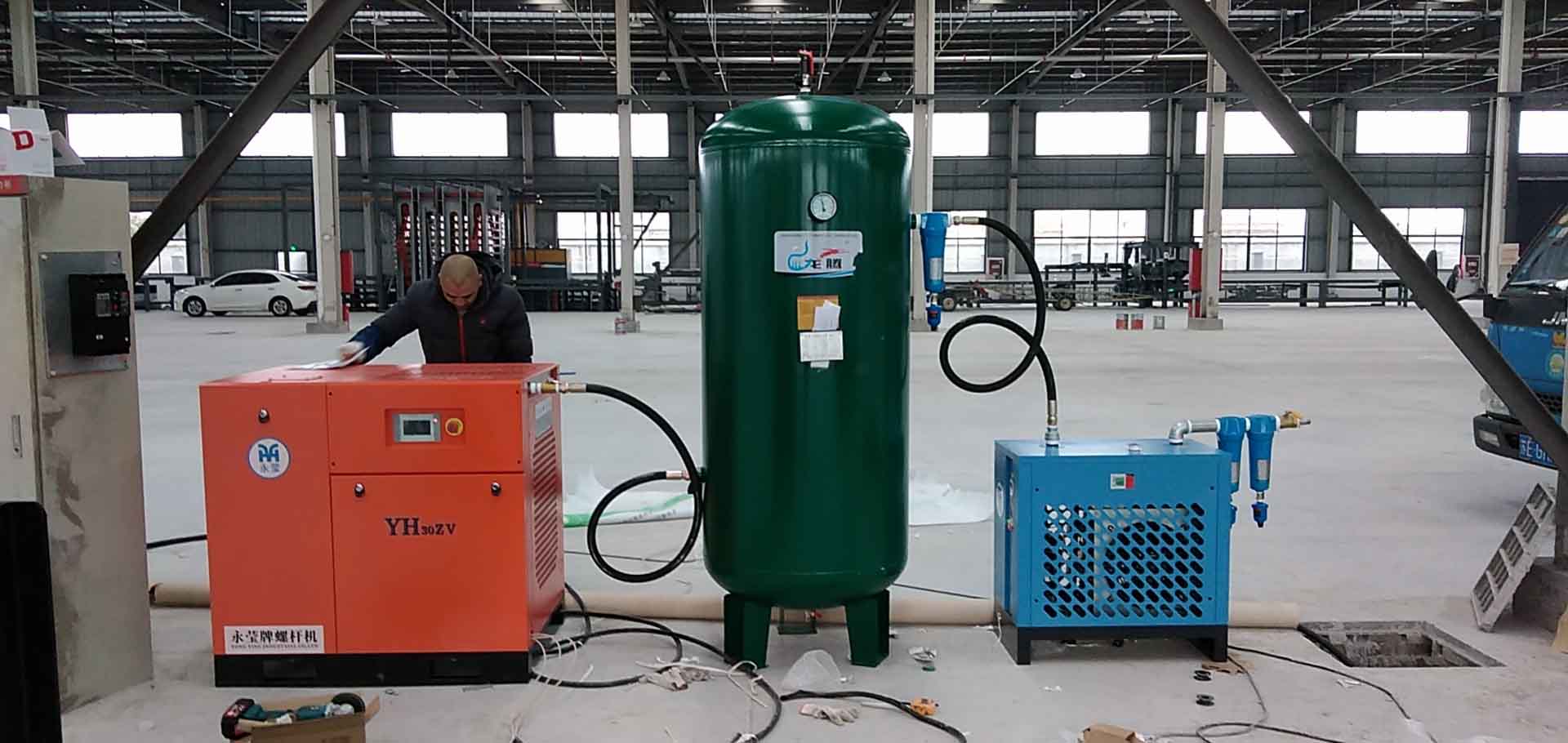Screw air compressors are widely used in various industries for their efficient and reliable performance. However, like any mechanical equipment, they can experience faults and breakdowns. In this article, we will focus on one common issue faced by screw air compressors - temperature control valve failure.
Fault Description:
The temperature control valve in a screw air compressor plays a crucial role in maintaining the optimal temperature of the compressed air. It regulates the flow of cooling water to ensure that the compressed air remains within the desired temperature range. However, when the temperature control valve fails, it can lead to several problems.
Symptoms of Temperature Control Valve Failure:
1. Excessive Heat: One of the first signs of a faulty temperature control valve is the rise in temperature of the compressed air. The compressor may generate excessive heat, which can cause damage to various components and reduce the overall efficiency.
2. Overcooling or Undercooling: Another symptom is the inconsistent cooling of the compressed air. The valve may fail to regulate the flow of cooling water accurately, leading to either overcooling or undercooling of the compressed air. This can impact the performance and quality of the compressed air output.
3. Pressure Fluctuations: A malfunctioning temperature control valve can also result in pressure fluctuations within the air compressor system. The valve's failure to regulate the cooling water flow effectively can disrupt the balance between temperature and pressure, affecting the overall stability and reliability of the compressor.

Causes of Temperature Control Valve Failure:
Several factors can contribute to the failure of a temperature control valve in a screw air compressor:
1. Wear and Tear: Over time, the internal components of the temperature control valve may wear out due to continuous usage and exposure to high temperatures. This can lead to a decrease in its performance and eventual failure.
2. Blockages: Accumulation of debris, scale, or sediment within the valve can obstruct the flow of cooling water, affecting its ability to regulate the temperature of the compressed air effectively.
3. Calibration Issues: Improper calibration of the valve during installation or maintenance can also result in its failure. A wrongly calibrated valve may not accurately control the cooling water flow,